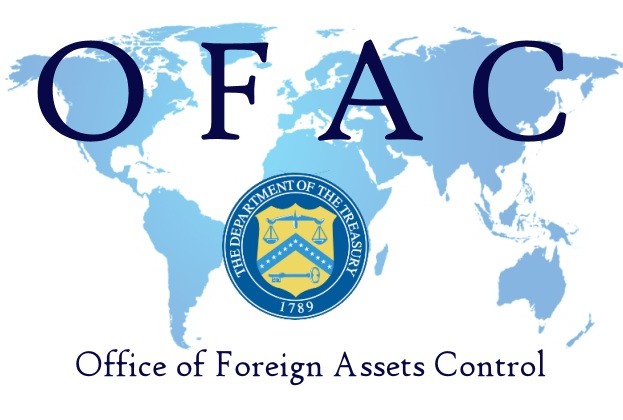Following up on our posting about rights of publicity in New York State (New York Moves to Expand the Right of Publicity), on November 30, 2020, Governor Cuomo signed S. 5959 into law and New York has finally joined the growing list of States in the United States to adopt and allow the enforcement of a post-mortem right. The legislation, which takes effect 180 days after it was signed (i.e., it only applies to individuals who die on or after that date), adds a new Section (50-f) to the New York Civil Rights Law entitled “Right of publicity” and deals with two categories of deceased persons: “deceased personalities” and “deceased performers.”
The new law in New York applies to deceased persons domiciled in New York State at the time of their death and creates a right of action for the use of names, voices, signatures, photographs or likenesses of “deceased personalities” for commercial purposes without consent and that right extends for 40 years after their death. The law defines a “deceased personality” as an individual “whose name, voice, signature, photograph or likeness has commercial value at the time of his or her death or because of his or her death”. Anyone claiming to represent these rights must register with the New York Secretary of State before making any claim. There are a number of exceptions to prohibited uses, so it is important to read and understand the statute carefully.
In deference to the world of virtual reality, the new law also provides a damage remedy for using a “deceased performer’s digital replica” in a “scripted audiovisual work as a fictional character” or in the “live performance of a musical work” without consent when the use “is likely to deceive the public into thinking it was authorized.” The law defines: (i) a “deceased performer” as someone who “for gain or livelihood was regularly engaged in acting, singing, dancing, or playing a musical instrument.”; and (ii) a “digital replica” as a computer-generated, electronic performance “that is so realistic that a reasonable observer would believe it is a performance by the individual.”
There are also a number of important exceptions to the prohibited uses enumerated in this portion of the new law, and also allows for “a conspicuous disclaimer” that appears in the credits of a scripted audiovisual work and corresponding advertising making it clear it has not been authorized.
For completeness, I should note there is also a section providing for a private right of action for unlawful “dissemination or publication of a sexually explicit depiction of an individual.” This relates to works that have come to be known as “deepfakes,” distributed without approval and although these might also be considered a “digital replica”, the law distinguishes the two categories and makes it clear consent is required and a disclaimer that otherwise might apply to digital replicas is not sufficient.
As you can appreciate, rights of publicity have often been the subject of controversy beyond the financial implications. For example, how does the law characterize a company’s creation and use of the likeness of an athlete or musician in a video game where the company may argue there is a First Amendment right of free expression – inconsistent with the rights of publicity. Again, the law is not always settled and the jurisdiction applicable to the deceased, the rights and the subject matter may well determine the outcome of any legal action. What about so called “industrials” in the entertainment business (e.g., content such as fitness and workout videos, dance instructional videos, company training content or instructions on product use and repair). Since these may not be characterized as either an advertisement or a product, it may not be clear if and how the law will be applied and certainly the answer will depend on these same jurisdictional factors.
For those of you who want context to the right of publicity, one of the first cases to deal with a post mortem right of publicity is the case involving Elvis Presley, whose brand even today is valued in the hundreds of millions of dollars. In this case (Estate of Presley v. Russen, 513 F. Supp. 1339 (D.N.J. 1981)) the court held that the right of publicity evolved from the common law of privacy and the corresponding tort “of the appropriation, for the defendant’s benefit or advantages, of the plaintiff’s name or likeness.” The term “right of publicity” has since come to signify the right of an individual to control the commercial value and exploitation of his name and picture or likeness and to prevent others from appropriating this value for their commercial benefit without their consent. This marks an interesting shift from the right of publicity being viewed as a personal right into a property right that can be exploited after a person’s death.
You can download and read a copy of the final bill here: New York State Rights of Publicity Bill S5959D Final. Of course, if you need more information about this post or have any questions, feel free to contact me Joe Rosenbaum or contact any of the Rimon Law professionals with whom you regularly work.






